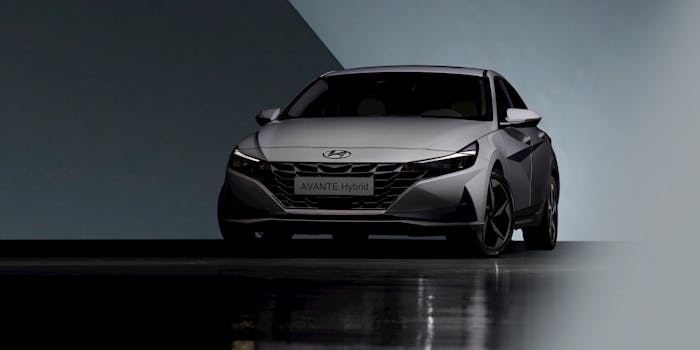
Smart Cities: Urban Trends for 2025
Introduction to Smart Cities
Smart Cities: Urban Trends for 2025 are revolutionizing the way we live and interact with our surroundings. As the world becomes increasingly urbanized, cities are leveraging technology and innovation to create sustainable, efficient, and livable environments. From intelligent transportation systems to green infrastructure, smart cities are redefining the urban experience.
Key Trends in Smart Cities
So, what are the key trends shaping the future of smart cities? Here are some of the most significant urban trends for 2025:
- Internet of Things (IoT): The IoT is transforming the way cities operate, from smart streetlights to intelligent waste management systems.
- Artificial Intelligence (AI): AI is being used to optimize city operations, from traffic management to public safety.
- Green Infrastructure: Green roofs, urban forests, and green spaces are becoming increasingly important for mitigating the urban heat island effect and improving air quality.
- Electric Vehicles: Electric vehicles are becoming increasingly popular, with many cities investing in EV charging infrastructure and incentivizing their adoption.
- Smart Grids: Smart grids are being implemented to manage energy distribution and consumption more efficiently, reducing energy waste and promoting renewable energy sources.
Benefits of Smart Cities
So, what are the benefits of smart cities? Here are some of the most significant advantages:
- Improved Quality of Life: Smart cities offer a higher quality of life for residents, with access to better transportation, housing, and public services.
- Increased Efficiency: Smart cities are more efficient, with optimized energy consumption, reduced waste, and improved public safety.
- Enhanced Sustainability: Smart cities are more sustainable, with a reduced carbon footprint, green infrastructure, and a focus on renewable energy sources.
- Better Economic Opportunities: Smart cities offer better economic opportunities, with a highly skilled workforce, innovative industries, and a strong entrepreneurial spirit.
Challenges and Opportunities
While smart cities offer many benefits, there are also challenges and opportunities to consider:
One of the biggest challenges facing smart cities is the need for significant investment in infrastructure and technology. However, this also presents opportunities for innovation and entrepreneurship, as companies and startups develop new solutions to meet the needs of smart cities.
Another challenge is the need for smart cities to balance the benefits of technology with the potential risks, such as data privacy and cybersecurity concerns. However, this also presents opportunities for cities to develop new policies and regulations that promote transparency, accountability, and public trust.
Conclusion
In conclusion, smart cities are shaping the future of urban development, with a focus on technology, innovation, and sustainability. As we look to 2025, it’s clear that smart cities will continue to play a critical role in creating livable, efficient, and sustainable environments for residents and businesses alike.




